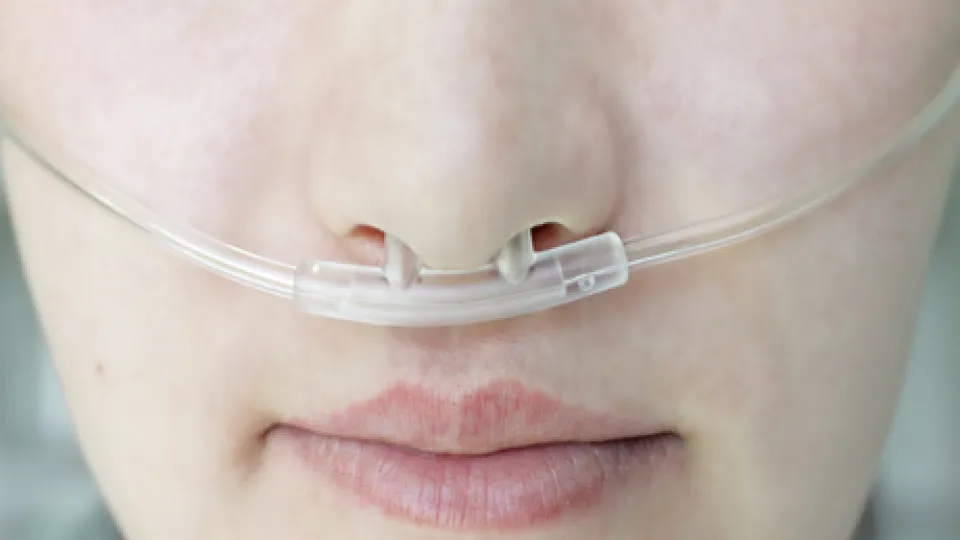
Chronic obstructive pulmonary disease (COPD) is a respiratory illness that affects roughly 15 million people in the U.S., according to the CDC. This disease mainly occurs in adults between 65 and 74 years old, especially in those who have asthma and those who smoke. While it's referred to as a disease, it's actually associated with several diseases that make it hard to breathe, including chronic bronchitis and emphysema.
WHAT CAUSES COPD?
COPD develops when your lungs are exposed to irritants over a long period of time. The National Heart, Lung, and Blood Institute states that cigarette smoke is the main culprit of COPD in the U.S., although tobacco smoke from pipes and cigars can also cause this disease. Smokers aren't the only people at risk. You can also get COPD from being around others when they smoke or from breathing in air pollutants or chemical fumes. People with asthma also have a higher risk of getting COPD.
WHAT ARE THE SYMPTOMS OF COPD?
COPD usually doesn't cause any noticeable symptoms at first. The longer you have this disease, the more likely you are to begin experiencing serious symptoms, such as persistent coughing, coughs that have a lot of mucus, tightness in your chest, shortness of breath and wheezing.
It can also cause other symptoms, such as swelling in your feet and legs, weaker muscles and weight loss. You might also get sick more often from the flu or the common cold when you have COPD. Symptoms typically get worse as the disease progresses, and you might need to seek emergency care if you're unable to catch your breath, you have a rapid heartbeat or your nails or lips turn a bluish color, which indicates low oxygen levels in the blood.
HOW IS COPD TREATED?
The bad news is that there isn't a cure for COPD, but the good news is that there are ways to manage symptoms through lifestyle changes. If you're diagnosed with COPD, your doctor will recommend quitting smoking, staying away from smokers and avoiding things that irritate your lungs as much as possible. You might also benefit from taking a medication that can help clear your airways, such as a bronchodilator or a bronchodilator with steroids.
You can also lower your risk of getting contagious illnesses that can affect your lungs, such as the flu and pneumonia, through vaccinations. Your doctor might recommend pulmonary rehabilitation, which includes nutritional counseling, exercise programs, training in managing your disease and other forms of rehab that can improve your quality of life. Severe COPD might require oxygen therapy or surgery.
CAN YOU PREVENT COPD?
You can prevent COPD by giving up smoking and avoiding breathing in lung irritants. Take special care if you work in an environment that exposes you to chemical dust or fumes. With COPD being among the leading causes of death in the U.S., according to the CDC, it's important to make sure those who have it get the treatment they need.
You can play a vital role in this treatment by becoming a respiratory therapist. Contact Concorde to learn how you can study for a career in respiratory therapy.
Take The Next Step Towards a Brighter Future
We have a Concorde representative ready to talk about what matters most to you. Get answers about start dates, curriculum, financial aid, scholarships and more!




